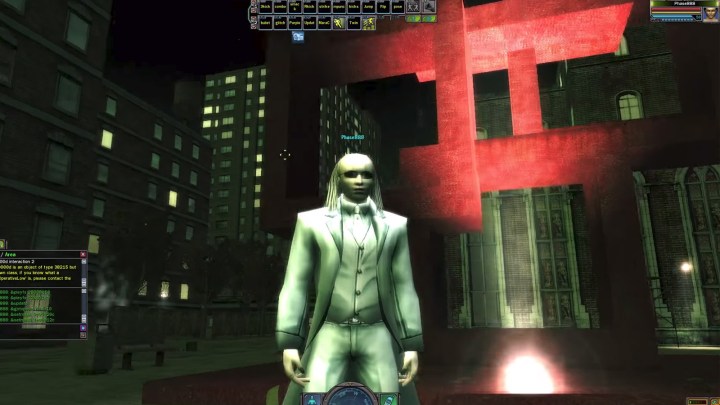
Unlike movies, music, and books which can be relatively easily converted to modern mediums for posterity, it’s much harder to maintain games in a playable state. They often require specific platforms to run on and in the case of certain MMOs, even need certain hardware to run as originally created. When they’re shut down, they often disappear for good, erasing big portions of gaming history forever.
Poetically then, it seems like libraries and museums could be the best place to store some of those gaming memories and even make them accessible to gamers of today and tomorrow. As it stands, the DMCA exemption allows games that require server support but are no longer playable, to be made so at libraries, museums and other archival institutions. However, that definition does not extend to multiplayer games, including MMOs.
That may change in the future though. As Gamasutra highlights, the Museum of Art and Digital Entertainment (MADE) is currently petitioning the U.S. Copyright Office to expand its exemption list to also cover multiplayer games of the small and massive variety. Those sorts of games were originally excluded from the exemption because of a claimed potential for piracy.
The definition of any such exemption would need to be quite exact if enacted. Would it cover (almost) entirely extinct games like The Matrix Online? Or perhaps offer much-requested legacy play of still-existing titles, like World of Warcraft?
With MADE gunning hard for the expanded exemption, the copyright office has opened up the proposal for comments from concerned or interested citizens. It’s particularly interested in those who are part of the archivist community and the video game industry.
If you’d like to let your thoughts be known, you can learn about submitting your comments to the copyright office on its website. The first round of comments is due by December 18, with successive submissions from those with legal concerns or evidence required by February 2018.
If you want to play older games right now though, you could always opt for the pseudo-legal emulators. These are the best ones.





